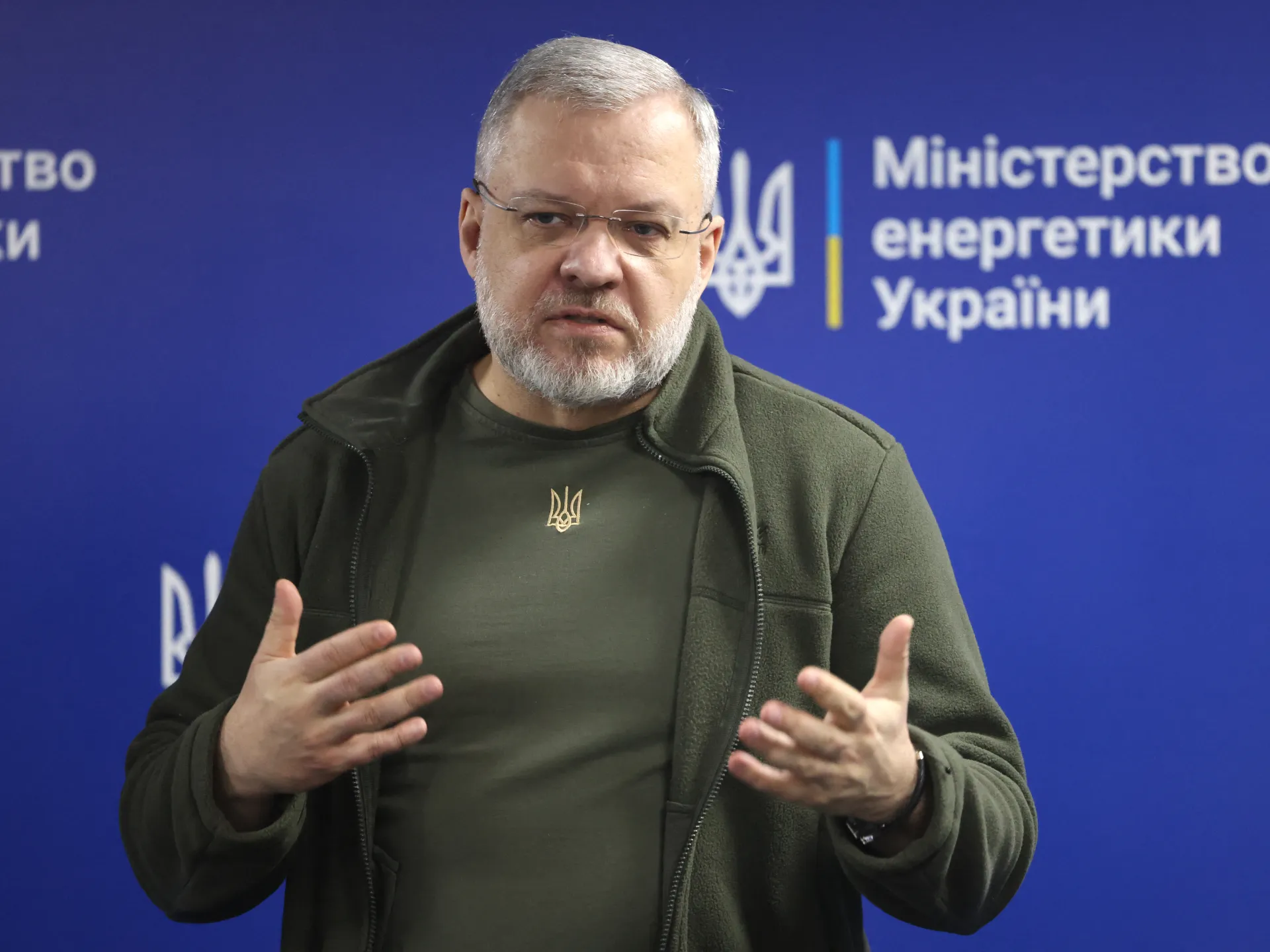The UK’s largest wildlife crossing will be completed by 2027
A groundbreaking wildlife bridge is under construction in Gloucestershire, with completion expected for 2027. The Gloucestershire Way bridge, set to be the UK’s largest wildlife crossing, is part of the A417 Missing Link project, an initiative designed to build new roads while preserving the Cotswolds ‘ natural beauty and wildlife.
The wildlife bridge is a pivotal component of the A417 project, with an estimated cost of £460million. The wildlife corridor, which crosses the new A417 dual carriageway between Gloucester and Cirencester, will measure 37 metres in length, featuring a 27-metre stretch of grassland and a hedgerow.
The bridge will also accommodate walkers, cyclists and horse riders.
Hedgerows on either side will facilitate bats and barn owls in using the bridge as a commuting route, whilst grassland and additional trees will ensure deer, badgers and reptiles can cross safely.
Gavin Jones, Kier’s project director for the scheme, commented: “The green bridge is the centrepiece of the scheme, linking up habitats and the landscape on one side of the road to the other.
“The focus is the ecology, the animals that are going to use it, but not forgetting the people – it’s going to be a footpath as well. We’re on budget, ahead of programme, and [have] a good safety record. I couldn’t be prouder of the team.”
Nicola Bell, National Highways’ executive director of major projects, said: “Our work goes beyond just operating and maintaining our roads and by collaborating more closely with Natural England, we can ensure that our infrastructure projects deliver better outcomes for both people and nature.”
Marian Spain, Natural England’s chief executive, said: “Projects like the A417 showcase the positive outcomes for people and nature that can be achieved by working closely together.”
She continued: “This memorandum is an important step in embedding this open, early, constructive communications between Natural England and National Highways to deliver our shared objectives of sustainable development.”
The world’s largest wildlife bridge is located in Colorado, North America.





